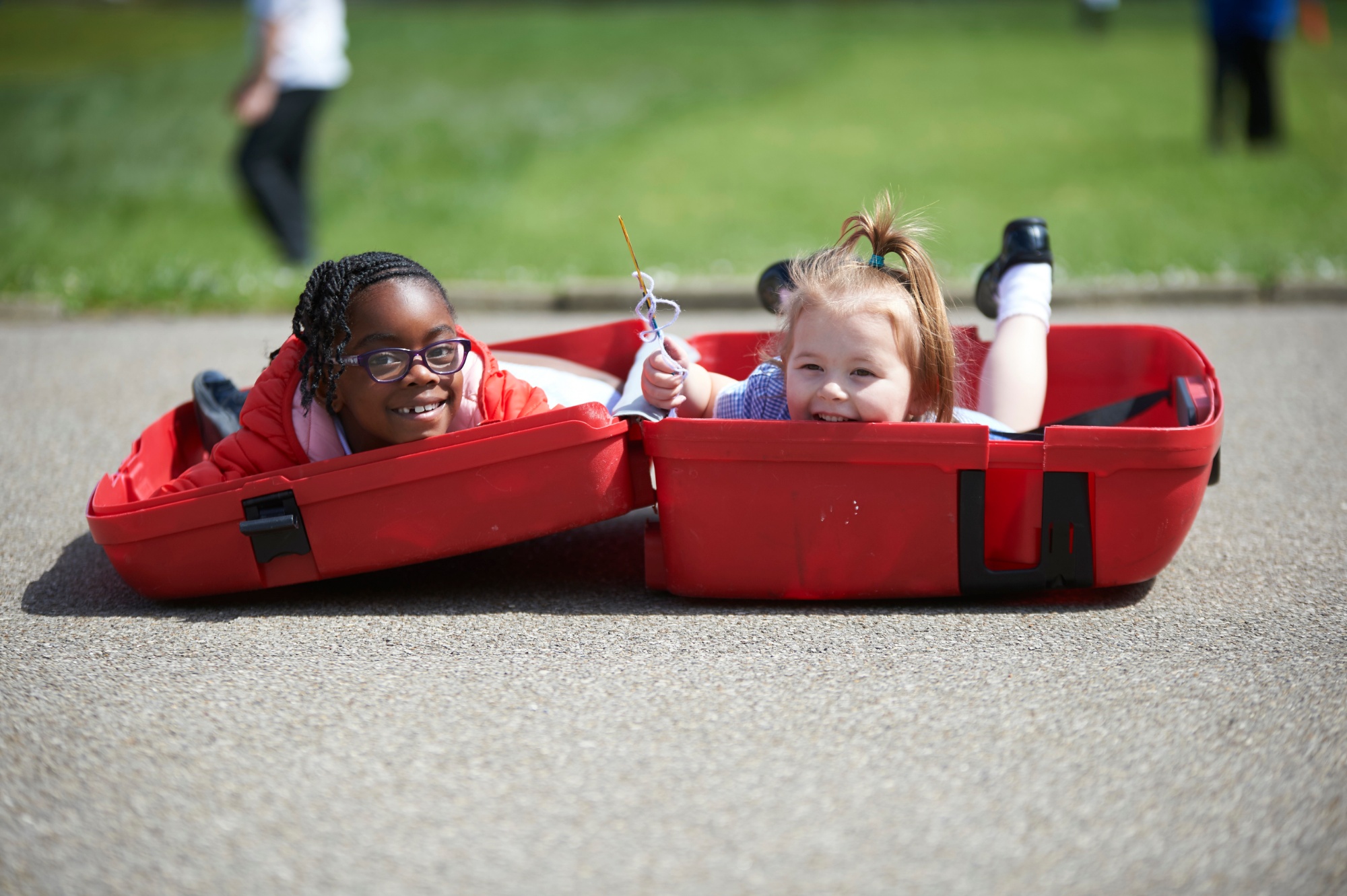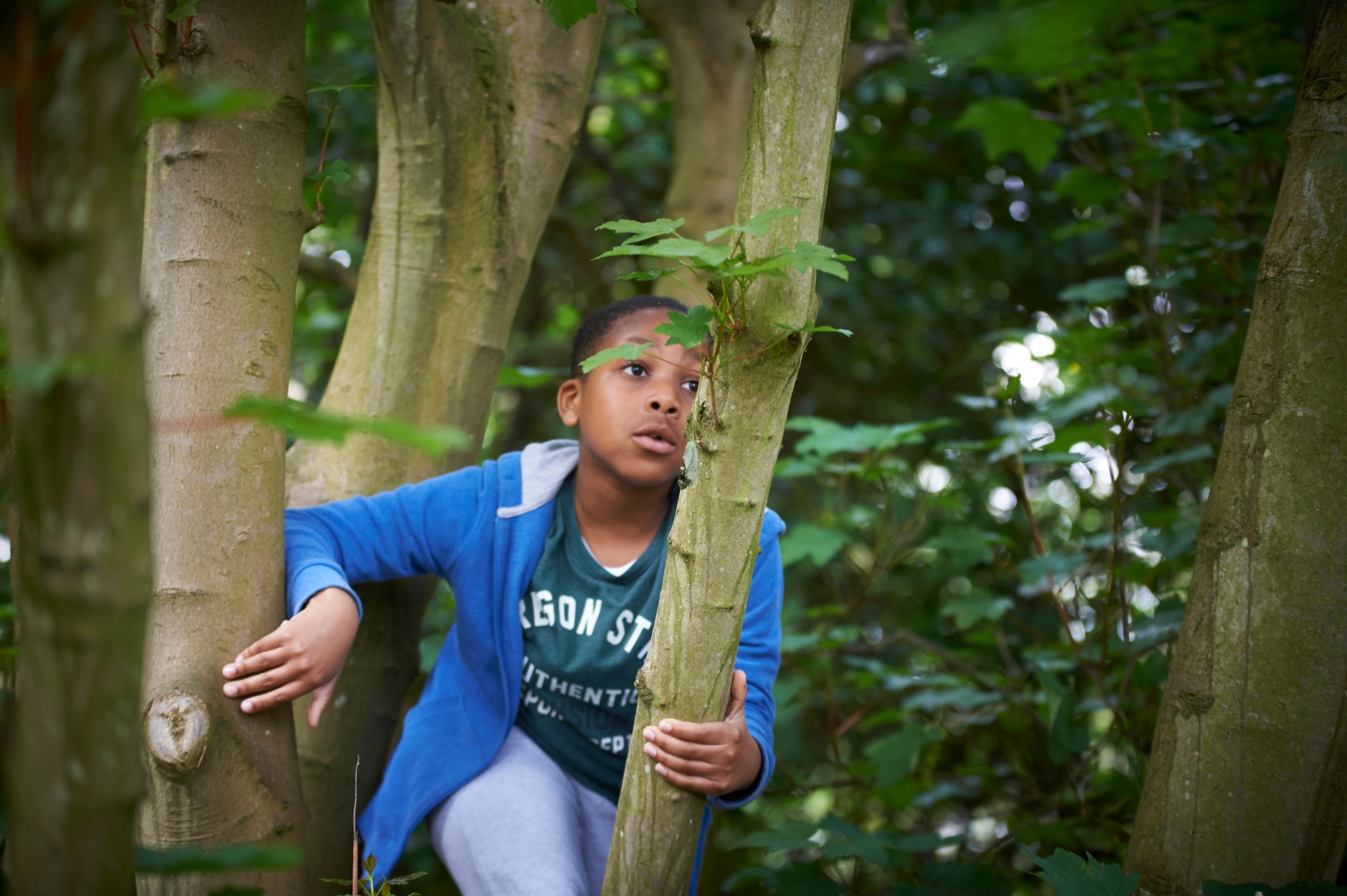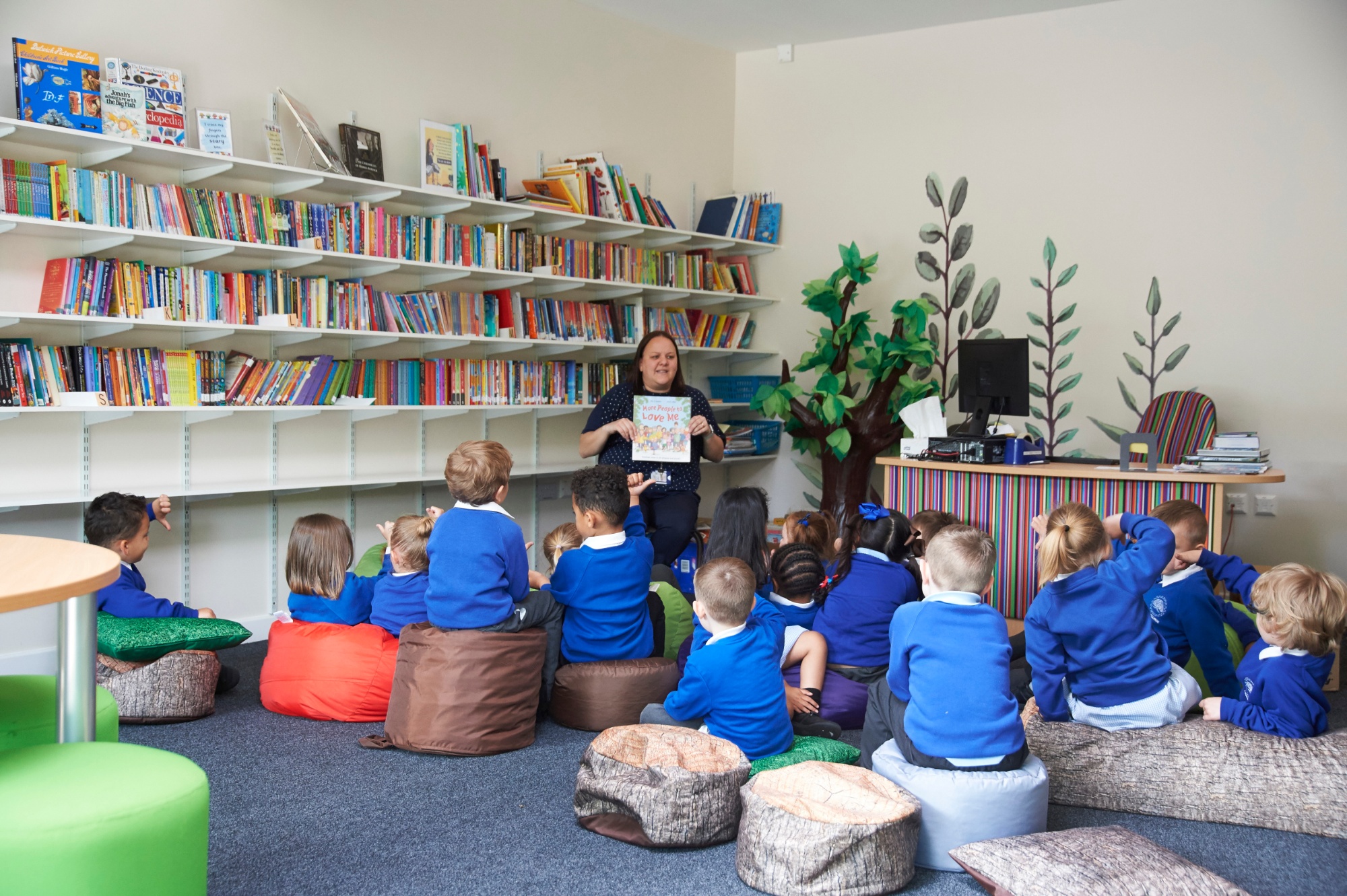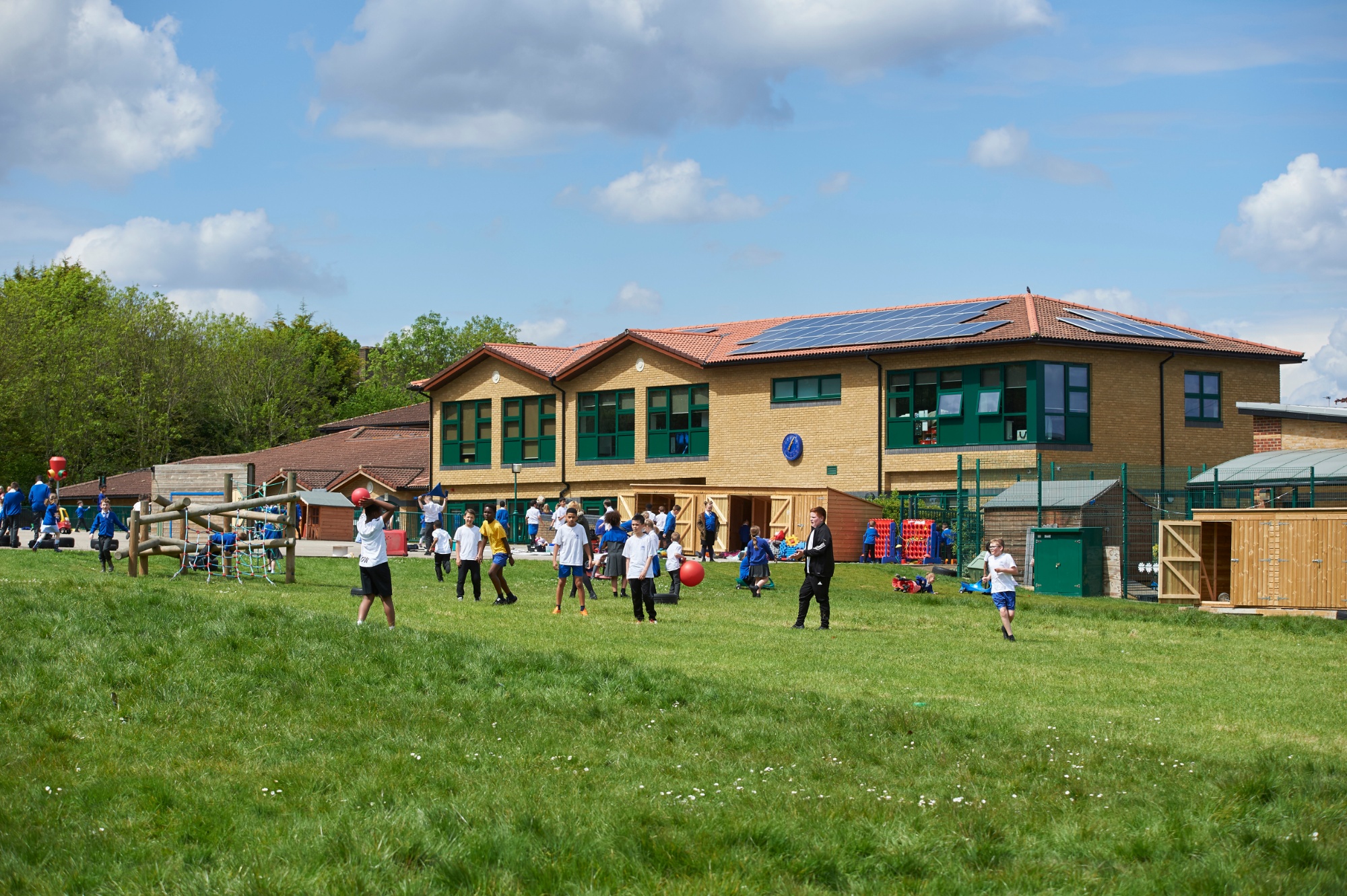Early Years Foundation Stage
Our Curriculum Intent: Safe, effective and sustainable Early Years practice which meets the needs of the children and families we work with.
Within The Spring Trust schools, we offer a language rich curriculum that is inclusive, aspiring, and responsive to children’s needs and interests. We strive to support every child in achieving their very best. The curriculum begins with what children already know and can do and then is planned and sequenced to ensure all children acquire the knowledge and skills they need to succeed in their future learning. Early Years staff support the children through both play based and structured activities. We recognise that not all children need the same support and always plan to meet individual needs.
In the Early Years, our curriculum is built upon children’s current and shared learning experiences. This encourages the children to be excited and inspired and to be enquirers and reflective learners. Children are given broad experiences in order to experience moments of “enchantment” which lead to discovery. Children have ownership of their learning. We focus on what children already know and can do (their schema) and deliver a child centred curriculum which ensures all children progress across all areas of learning and development. We utilise the school’s extensive grounds, incorporate cultural experiences and take account of the school’s locality, ensuring that local events and history are key components of children’s learning.
There is an emphasis on developing children’s Social, Moral, Spiritual and Cultural Development and their mental health and wellbeing throughout the curriculum. The curriculum ensures that the school rules and Trust values are taught throughout. We believe in excellence when it comes to children’s wellbeing, social and emotional development. Time is given to develop pupils' understanding of emotions and how we manage these using the Zones of Regulation strategies. We use observations to monitor wellbeing and involvement, and we work with families and the children alongside our pastoral inclusion team who offer support for amongst others, bereavement, family separation, anxiety, anger management and low self-esteem.
In the core areas of Literacy and Numeracy, we follow the Ruth Miskin Read Write Inc programme to teach phonics and support letter formation from Nursery through to Year Two. Our home reading phonetical decodable books are closely matched to each child’s development. As a Trust, we believe that children need to have the opportunity to engage with a high range of quality texts throughout their time with us, and beyond. We share Read Write Inc at home learning teaching videos with parents to support their understanding of phonic teaching so they can practice with children. In maths, we follow White Rose which emphasises maths mastery and deeper thinking of mathematical skills. The Trust plan together to support best practice in all our settings.
Our Early Years staff understand the importance of developing communication and language skills and prioritse this through play and adult directed activities. Staff give time to develop social and communication skills and model language effectively. Voice 21 Oracy strategies are embedded in the Early Year setting and NELI is used to support identified pupils in the Reception class. We assess all children’s speech and language abilities and are supported by a Speech and Language therapist within the school.




